By Jen Patja Howell
Tuesday, February 21, 2023, 5:01 AM
Chris Inglis has had an illustrious career in the defense of this country, serving as an Air Force general, deputy director of the National Security Agency, and most recently as the first National Cyber Director in the White House. Chris stepped down from his position last week, and he sat down for his first interview as a private citizen with David Kris, Lawfare contributor and former assistant attorney general for the National Security Division, and Bryan Cunningham, Lawfare contributor and executive director of the University of California, Irvine’s Cybersecurity Policy & Research Institute. They talked about a wide range of cyber topics, including the newly minted National Cyber Strategy, protection of critical infrastructure, cyber insurance, competition in the international front, and more.
(more…)





